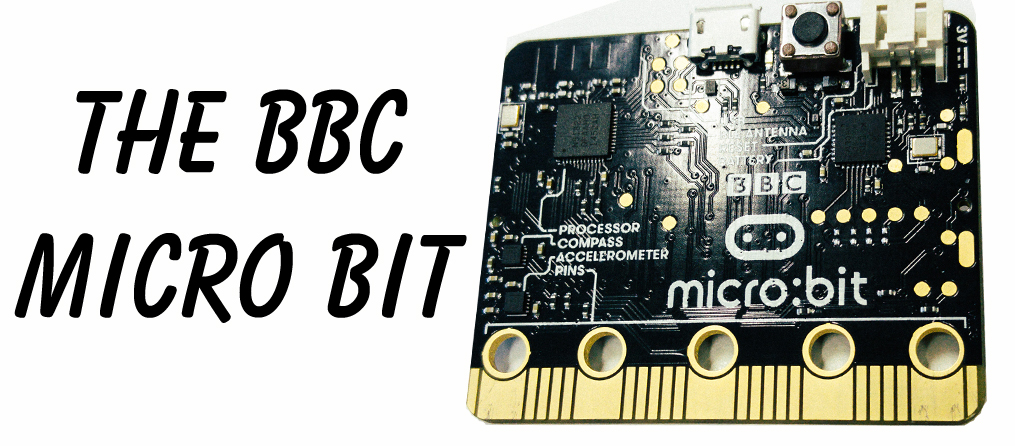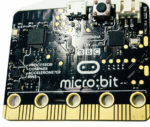I don’t know if you’ve seen this headline, “Every 11-year-old in Britain is getting a free minicomputer,” or what you thought when you did but I found it amazing that this was being done in Britain. The Micro Bit giveaway is a program sponsored by the BBC in a joint effort with twenty-five other corporations. My first thought was why isn’t this being done in the USA.
Let’s be clear on what these children are receiving. This isn’t a computer in the same sense most of us think of computers. It doesn’t run Windows or Mac OS. You can’t use it for browsing on the Internet. Instead, it’s designed to teach basic principles of microprocessors, computing and programming.
It should be obvious that not everybody wants to be a programmer and certainly not everybody needs to be a programmer but learning to program also teaches you other skills like planning, logical thinking and problem solving. We both know that many of these will be thrown in the trash or traded to other students for candy and other sundry items but think about how many students will take these in hand and learn how to use them.
Nor is Britain just throwing these to the students and letting it go at that. BBC’s Make It Digital is a series of programs designed to spark interest in the Micro Bit and to encourage the children in their use.
What does that mean to those of us in America? I’d like to challenge every American reading this on why can’t we create our own Micro Bit giveaway but then I pause to think about the problems we have. We have massively underfunded schools, we have teachers that are forced to teach nothing but “THE TEST” and we have students that are largely uninspired because taking tests is boring.
No, that doesn’t describe all schools, teachers, or students but it describes enough of them that we both know this kind of giveaway would never succeed in the USA and I find that very sad.
I can’t imagine ABC, CBS, or NBC doing away with some of their more insipid shows on TV and replacing them with shows teaching children how to program. Maybe PBS would but with all the funding cuts, the best of PBS seems to be British reruns.
I don’t know about you but I still remember my feeling of triumph when math first started making sense to me. I remember my feeling of triumph when I realized that I could use calculus to solve a physics problem. And yes, I remember my feeling of triumph when my first microprocessor printed a string of A’s across the screen. I can’t help but feel sorry for all the American students that will never enjoy those feelings because they never had the opportunity.
I can’t help but feel excited for all the British students that are about to discover a new world.
I can look back in time and remember when Apple was trying to donate computers to the classroom. I can also remember when Microsoft was donating computers to the classrooms. Neither effort was done without controversy because both sides accused the other of unfair influence and neither had the funding to reach every school in the US.
Computers do wondrous things in giving you the ability to research, organize your thoughts, and make wonderful presentations. On the other hand, your average computer user knows so little about the inner workings of their computer that it’s enough to make me cry.
The British students that do pick up this challenge will find their lives greatly enriched by their accomplishments.
I’ve learned that when it comes to accountants and politicians they’re always looking at the bottom line. In the near term, giving microprocessors to eleven-year-olds does nothing to enhance the GNP or to increase votes, it only takes money away from other programs.
The question then becomes will this investment in Britain’s future show a payoff. I find myself hoping it will. Then again, I also hope it’s not too late for America.
© 2016 – 2019, Byron Seastrunk. All rights reserved.











